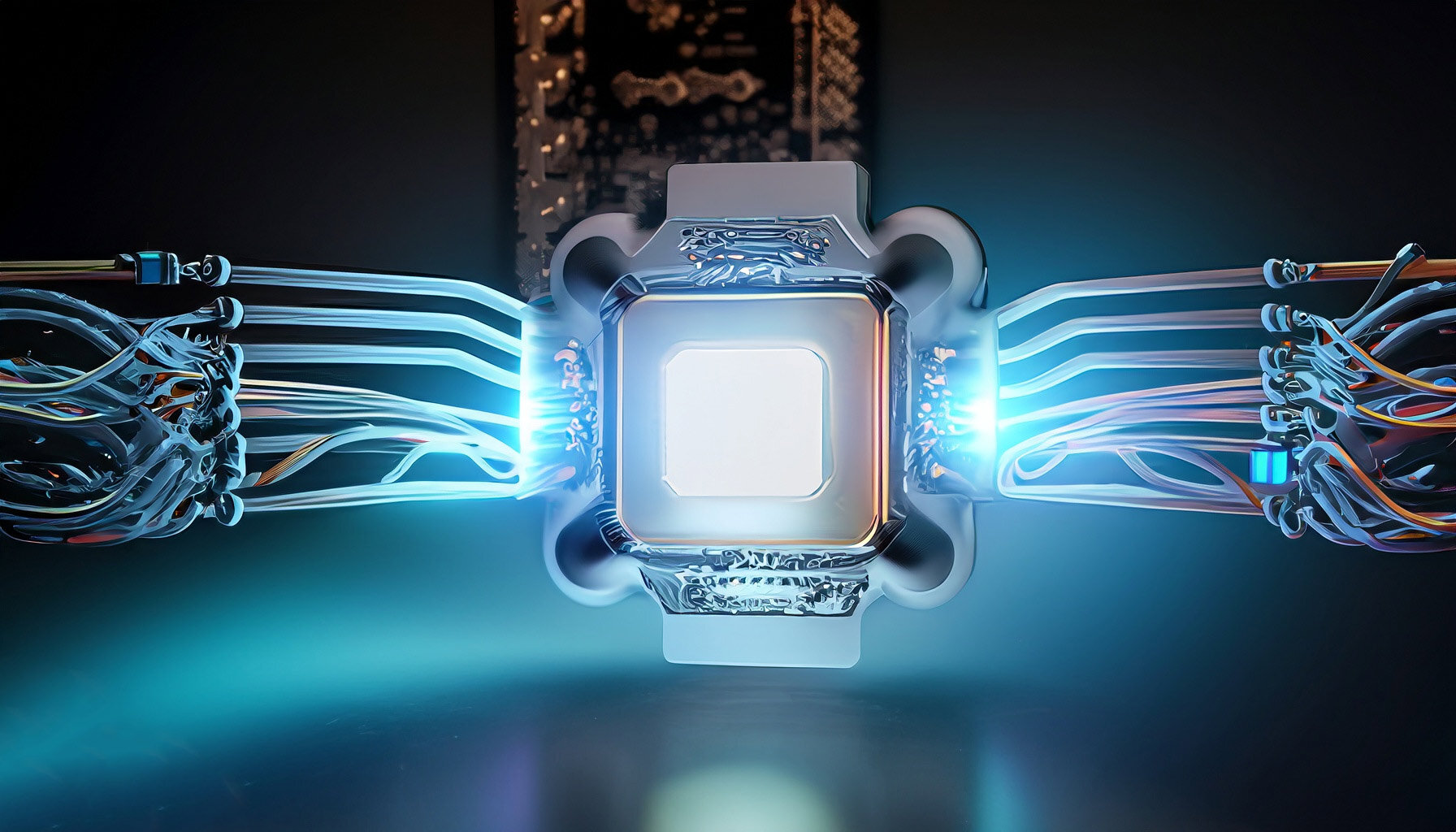

In a world where Artificial Intelligence (AI) is increasingly integrated into our daily lives, privacy and personalization stand as major challenges. As AI’s understanding and knowledge rapidly expand, how can we ensure that our inquiries and information stay within our own environment?

Meet privateGPT, a new system that allows you to ask questions to your documents without needing an internet connection, and crucially, ensures that no data leaves your execution environment. It brings AI to your fingertips, offering the best of AI’s capabilities while assuring utmost privacy and the ability to customize your knowledge base.
Personal AI, Private Knowledge
To understand privateGPT’s potential, we first need to grasp its framework. The technology is built upon an assembly of powerful AI tools including LangChain, GPT4All, LlamaCpp, Chroma, and SentenceTransformers.
Here’s a quick rundown of how it works:

- Ingest documents: You can feed any documents into the system, which could range from your personal research papers to complex business reports, in various file formats like .pdf, .docx, .ppt, .txt, and even .eml.
- Generate a local vector store: Once the documents are ingested, the program uses LangChain tools and SentenceTransformers to parse the documents and create embeddings. These embeddings are then stored locally using the Chroma vector store. This process requires a one-time internet connection to download the SentenceTransformers model.
- Question and answer locally: The privateGPT.py script uses a local Language Model (LLM) based on GPT4All-J or LlamaCpp to understand your questions and generate answers. The context for the answers is derived from the local vector store, using a similarity search to locate the right piece of context from your documents.
In essence, privateGPT lets you ask questions to your documents without the need for an internet connection, giving you the privacy and security you desire.

The Positives: Freedom, Privacy and Customization
With privateGPT, you’re not only using AI, but you’re using it in a way that’s private, customizable, and locally controlled. It eliminates the concern of data leakage as no data leaves your environment at any point. This is a significant stride forward in the field of AI, promoting privacy and security while maintaining the convenience and benefits of AI.
The system is built to offer flexibility and control. It allows you to establish your own AI-based knowledge base that you can interrogate as you please. Moreover, the ability to use a custom model lets you personalize the AI to your specific needs and preferences.
Also, since the entire pipeline runs locally, you have the assurance that your information won’t be transmitted to external servers or cloud platforms, further cementing your privacy.
The Caveats: Resource Intensity and Initial Setup

Despite its numerous benefits, privateGPT isn’t without a few drawbacks. The main downside is the intensity of resources and computing power it requires. You need to download the large language model, which could take a significant amount of time and storage. Moreover, the process of ingesting documents and generating a local vector store can be computationally intensive.
Initial setup can also be a challenge. It involves installing several packages and correctly setting up the environment variables, which may require some technical knowledge. However, once you’ve overcome this initial hurdle, using privateGPT becomes a breeze.
Despite these challenges, privateGPT stands as a strong solution for privacy-conscious individuals and organizations. It provides a powerful AI tool that can be used locally and privately, all while offering the ability to create and use a custom knowledge base.
PrivateGPT demonstrates the potential of privacy-preserving AI systems. As we progress further into the AI era, such solutions will become increasingly important in enabling us to leverage the power of AI while ensuring our data remains secure and private. Indeed, privateGPT exemplifies a future where AI is not only powerful but also respects our need for privacy and control.